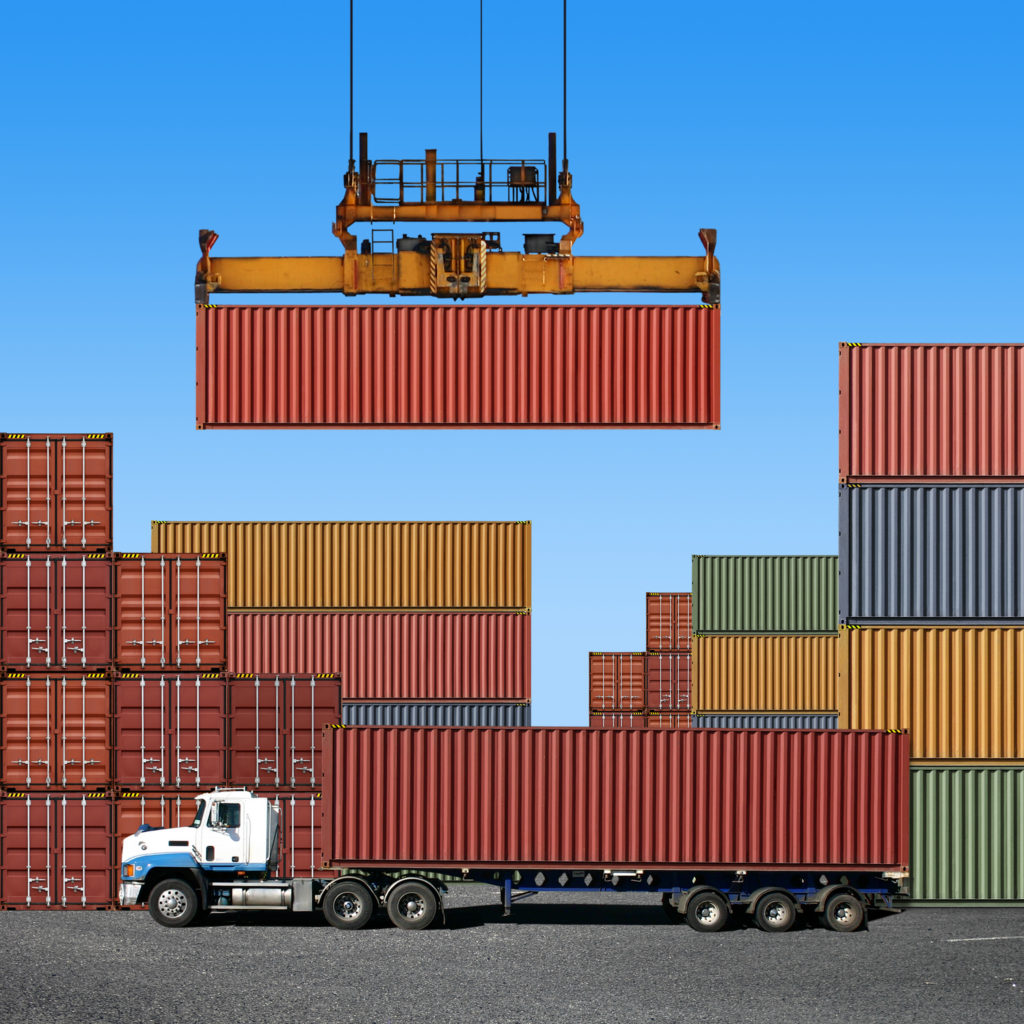Calculating Container Drayage Costs
I wish calculating drayage cost was a simple formula, but it’s not. It’s going to vary from location to location.
Typically when you’re dealing with full truckload pricing, you get a rate per mile, fuel surcharge, toll charges, driver detention, and possibly a few other ancillary fees. But when you are dealing with drayage, your typical move is less about the miles and more about the hours. The mileage is definitely a consideration, but these types of moves are generally near a port complex and short miles in nature. However, the time it takes to get in and out of the port complex, and sometimes specific terminals, varies, so the cost can vary.
Let’s take a look at what is considered.

Mileage and time: How long is it going to take to make this trip. This will get you the linehaul rate. This rate will usually come in the form of a flat rate for the round trip. BUT, be sure and confirm if it’s round trip or not.
Fuel: There is going to be a fuel surcharge and it’s usually a percentage of the linehaul rate. Most truckers have pegged their fuel prices at a certain level and charge this surcharge about that rate.
Ocean Terminal charges: There may be some additional charges for going to a specific marine terminal. In fact, due to congestion some truckers may charge you more to go to one versus the other.
Chassis fees: Some truckers may use their own chassis and they will outline their chassis fees in the quote. However, if they use a pool chassis or a rented chassis, you will need to know what those fees are going to be. These could be pass through costs, but you could see an administrative fee from the trucker for coordinating.
Overweight fees: If your container is over a legal weight limit, there could be permit fees or other overweight fees associated with their movement of your container.
Tolls: More common in some areas of the country, it is possible for you to have toll charges and they are going to be pass through costs. However, you could see an administrative fee from the trucker for their efforts.
The above charges are more of the standard, or what I would call the “known” charges. There are other costs that are possible so let’s take a look at those.
Chassis Split: If the trucker goes the terminal to pickup a container and they don’t have a chassis, and they have to pickup a chassis at another location, you could get a chassis split fee. This is of no fault of the trucker and they are incurring additional time and mileage so it is plausable they will charge you a split fee.
Flip Charges: This is a charge assessed most of the time from marine terminal or the railroad when they have to perform an additional container movement most usually if the trucker brings their own chassis to pickup the container.
Driver delay: Most truckers will give you a driver “free time” for a certain amount of time. If that driver is delayed either at pickup or delivery beyond that time, then they will charge this fee.
Pre-Pull: This could be a fee charged if you aren’t ready to accept delivery of the container but it’s about to go into demurrage and you want it off the terminal. The trucker will pull the container and stage it for delivery at a later date. Then you will have a drayage rate from the staging area to your place of delivery.
